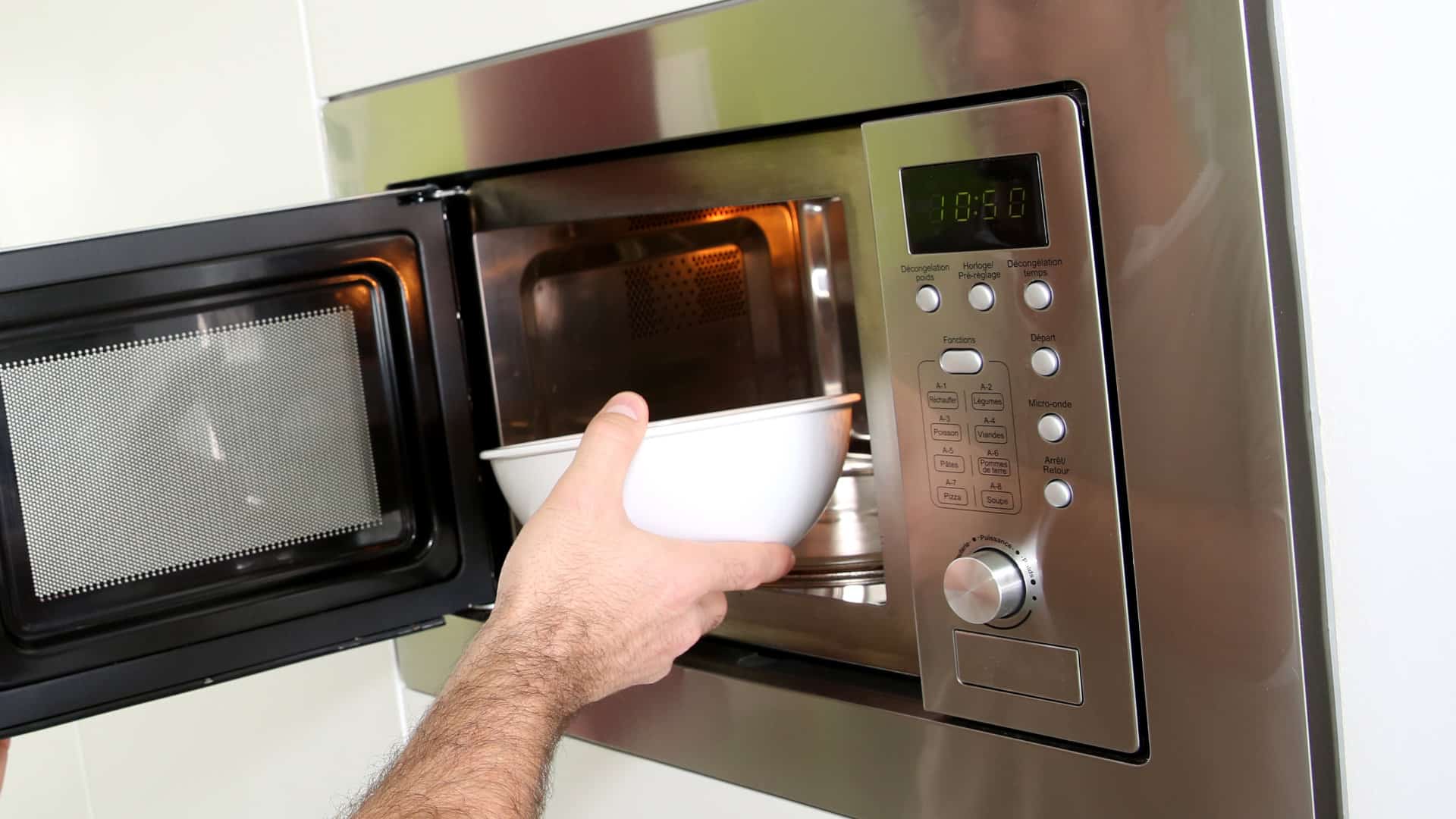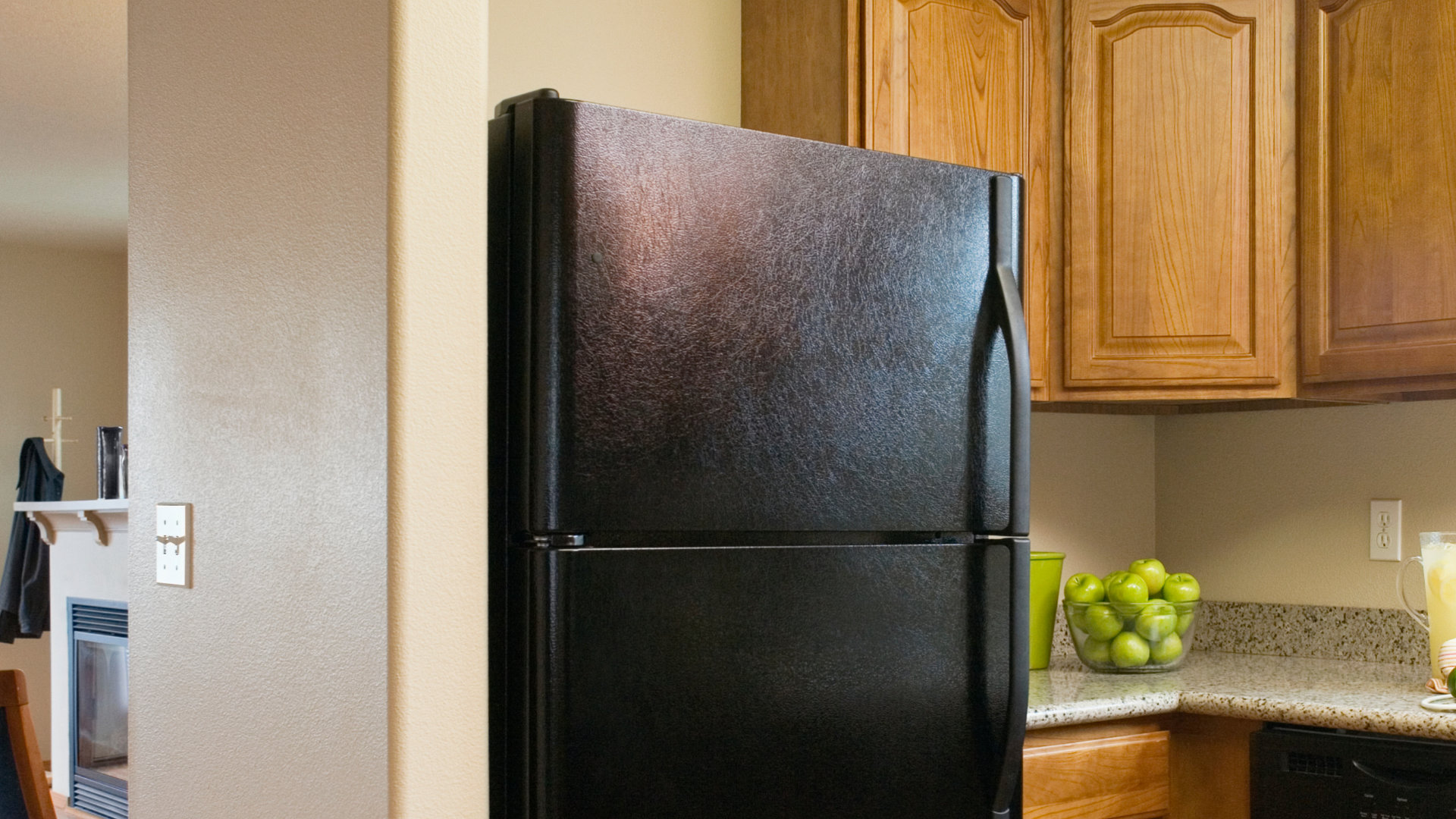
If your refrigerator is making a loud noise, you are in the right place.
When trying to fix a refrigerator making noise, the main factor is determining what type of noise it is so you can fix it. For example, a grinding noise is likely the result of a faulty fan, and a buzzing noise could be caused by a defective ice maker. In this article, we will give you step-by-step instructions for how to fix the most common types of noise coming from a refrigerator.
Grinding and knocking noises
If you hear grinding or knocking noises from your refrigerator, it’s likely due to a problem with the evaporator or condenser fan. You will need to inspect the fans to find the cause of the noise. The easiest way to determine which fan is defective is to determine where the noise comes from. If the noise comes from the back of your appliance, the condenser fan is likely defective, but if the noise comes from inside the freezer unit, the noise is likely the result of a faulty condenser fan.
Follow these steps to check the condenser fan and, if necessary, fix it:
- Turn your refrigerator off.
- Once the power is off, gently pull your fridge out from the wall so you can gain access to the condenser fan unit.
- Find the condenser fan located at the rear of the refrigerator. It may be necessary to remove the back panel for access.
- Remove the cover of the condenser fan once you have located it.
- Attempt to rotate the condenser fan in a full 360-degree motion. If there is any object obstructing the fan’s movement, remove it. Allow ice buildup on the fan to defrost completely before restarting the refrigerator.
- If the condenser fan is severely damaged and cannot be repaired, it must be replaced with a new one.
- If you can freely rotate the fan without any obstructions, you can use a multimeter to test the fan motor to ensure continuity. If the motor is found to be defective, the entire condenser fan unit will need to be replaced. If you don’t have a multimeter, you should consider getting a technician to test the fan for you.
- If you could repair or replace the condenser fan, the final step is to test that the noise has stopped. If the noise is still occurring, check the evaporator fan or call a technician to come and inspect your appliance.
Follow these steps to check the evaporator fan and, if necessary, fix it:
- Turn your refrigerator off.
- Once the power is switched off, find the evaporator fan, which is located in the freezer compartment.
- Remove the cover of the evaporator fan once you have located it.
- Attempt to rotate the evaporator fan in a full 360-degree motion. If there is any object obstructing the fan’s movement, remove it. Allow ice buildup on the fan to defrost completely before restarting the refrigerator.
- If the evaporator fan cannot be repaired, it must be replaced with a new one.
- If you can freely rotate the fan without any obstructions, you can use a multimeter to test the fan motor to ensure continuity. If the motor is found to be defective, the entire evaporator fan unit will need to be replaced. If you don’t have a multimeter, you should consider getting a technician to test the fan for you.
- If you could repair or replace the evaporator fan, the final step is to test that the noise has stopped. If the noise is still occurring, call a technician to come and inspect your appliance.
Buzzing, rattling, and vibrating noises
If your refrigerator is making a buzzing, rattling, or vibrating noise, it could be due to several reasons. These include the appliance not sitting level on the floor, the ice maker water supply not flowing, and the condenser coils being dirty.
Follow these steps to find the cause of a buzzing, rattling, or vibrating noise:
- Start by making sure the fridge is sitting level on the floor. The easiest way to do this is to place a level tool on top of your fridge. If the appliance isn’t sitting level, adjust the legs until it is.
- If the appliance is sitting level or adjusting the fridge doesn’t stop the noise, the next step is ensuring the refrigerator isn’t sitting hard against the wall. If so, move it out. When the fridge is hard up against the wall, a buzzing, rattling, or vibrating noise can occur.
- Next, ensure the water supply is turned on to the ice maker. If the valve has been turned off, switch it back on and check if the noise stops.
- If the water supply does not cause the noise, the next step is to check the drain pan. The pan can be found at the bottom of your appliance. If it is damaged in any way, it will need to be replaced.
- If the drain pan doesn’t cause the noise, check the condenser coils to ensure they aren’t dirty. Dirty coils can result in a buzzing noise due to the coils having to work harder. Once you locate the coils at the back of the fridge, quickly clean them with a damp cloth or use a vacuum cleaner. If the coils are frosted, turn your fridge off to let them defrost before turning them back on.
- If the condenser coils didn’t cause the noise, check the condenser and evaporator fans. The section above has detailed instructions for how to do this.
- If the noise is still occurring, the final step is to get a technician to come and inspect the compressor. Unless you are qualified to do so, attempting to fix the compressor yourself isn’t recommended.
Humming noise
The primary suspect is the compressor if you hear a humming noise from your refrigerator. As the compressor activates to circulate refrigerant, it produces a humming sound accompanied by vibrations. While a certain level of humming is expected, an increasingly louder noise indicates a faulty compressor. Repairing compressors is intricate and hazardous, making it best to enlist the expertise of a qualified technician. Before calling a technician, reset your fridge by turning it off and on. Sometimes a simple reset can stop a humming noise, but a professional must inspect your compressor if it doesn’t.
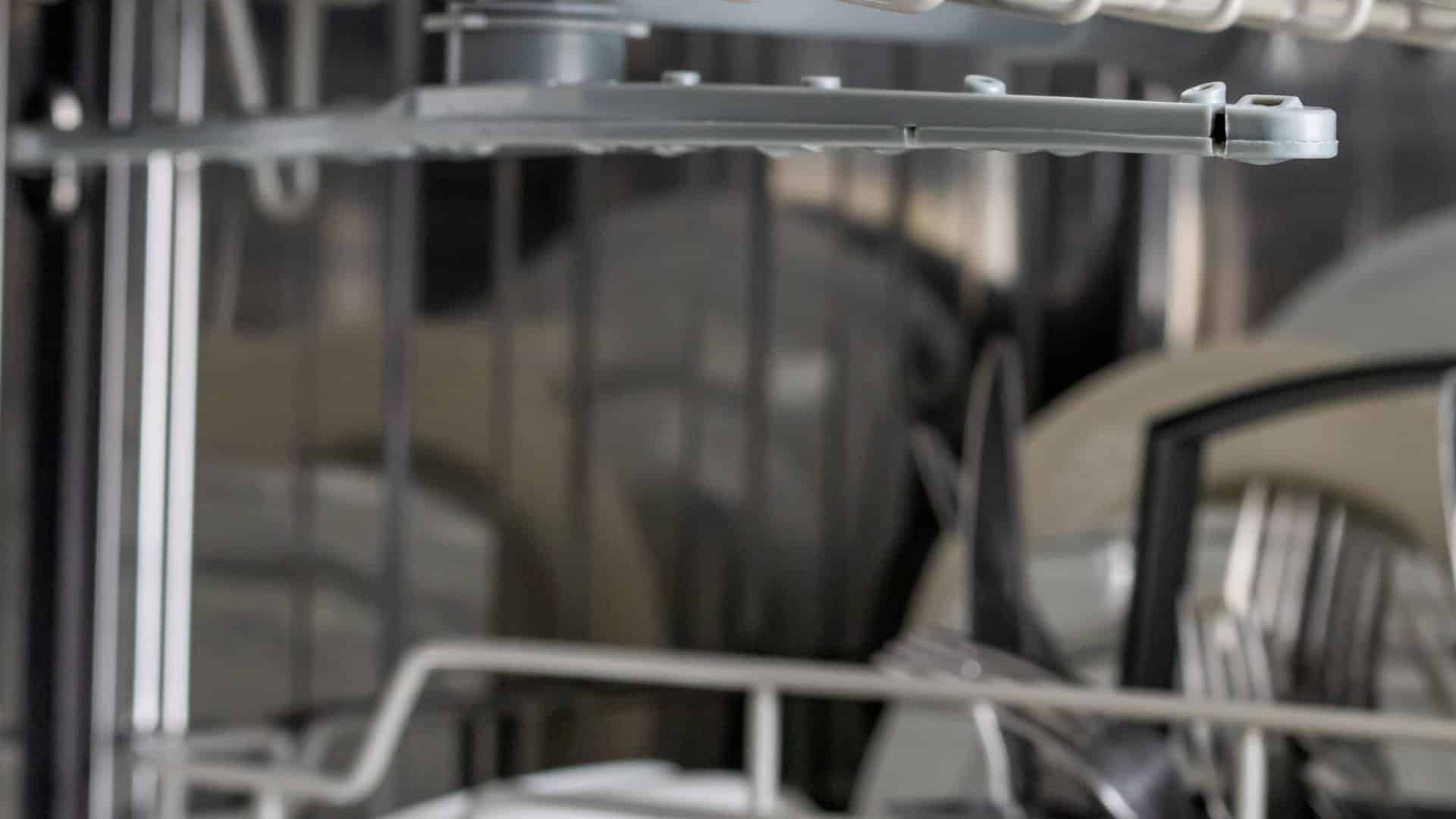
GE Dishwasher With No Power or Lights? Try This Fix
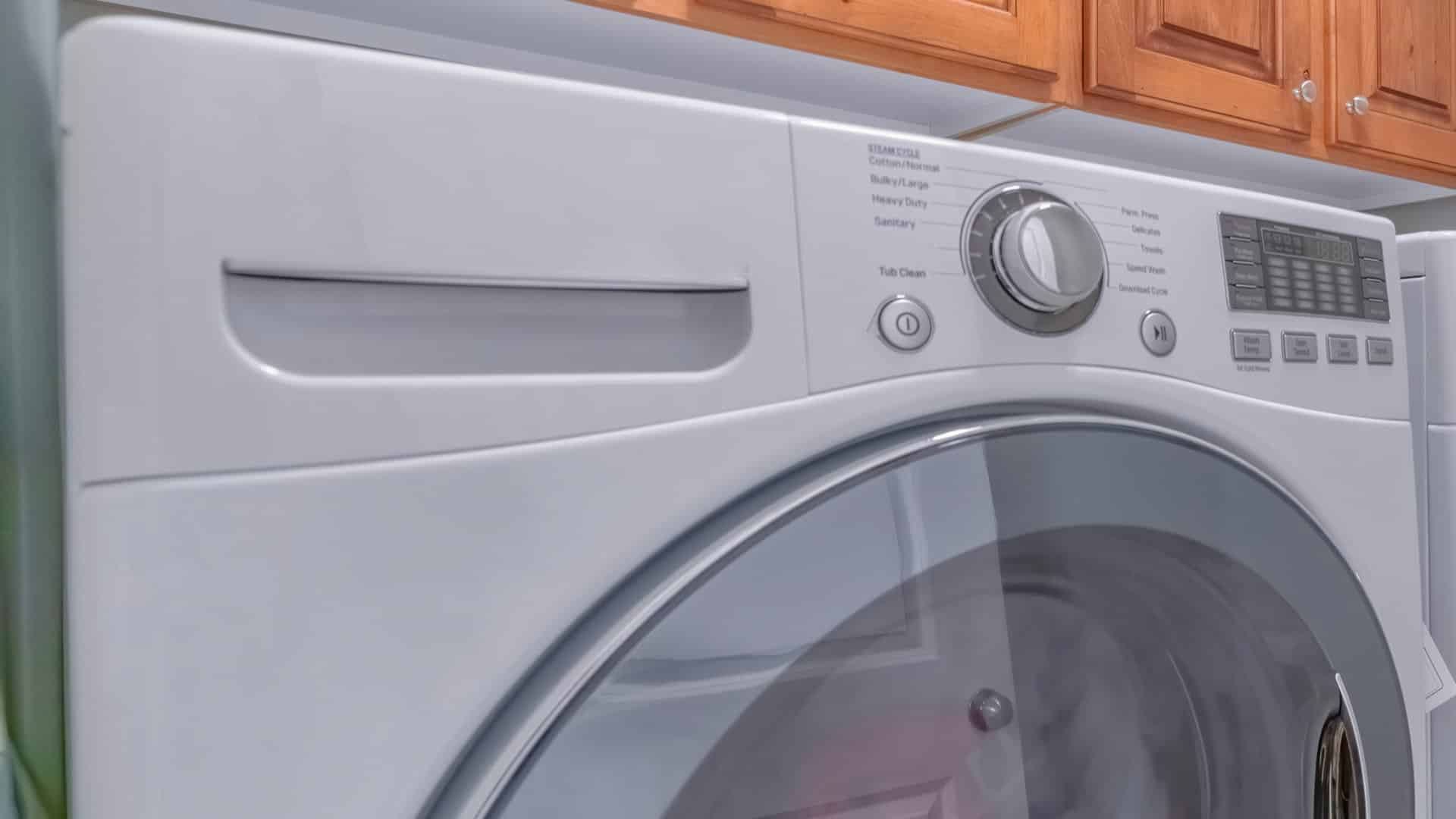
Understanding SC Code on Samsung Washer

Resolving LG Dryer D80 Error Code
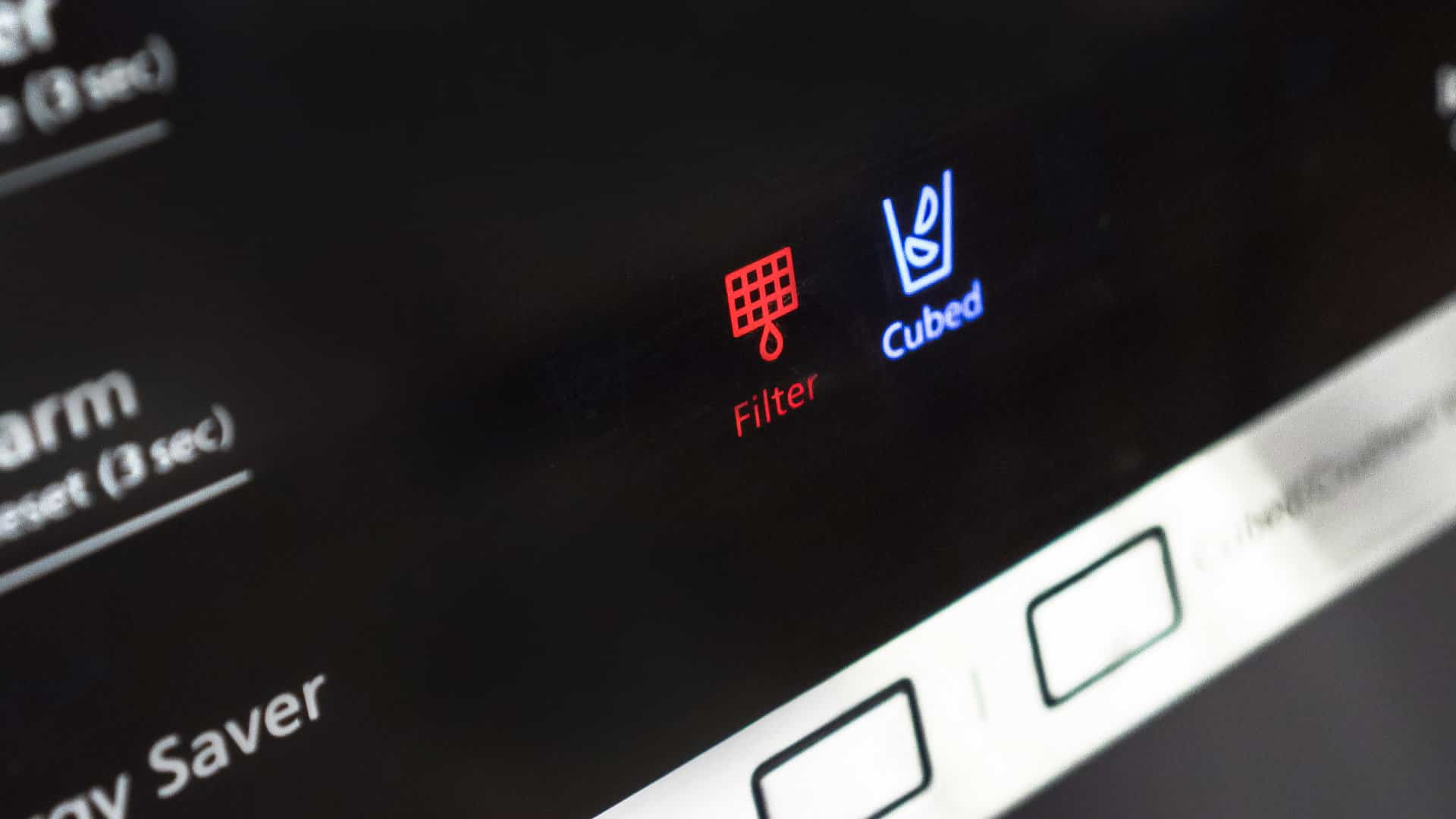
Understanding GE Refrigerator Error Codes: A Guide
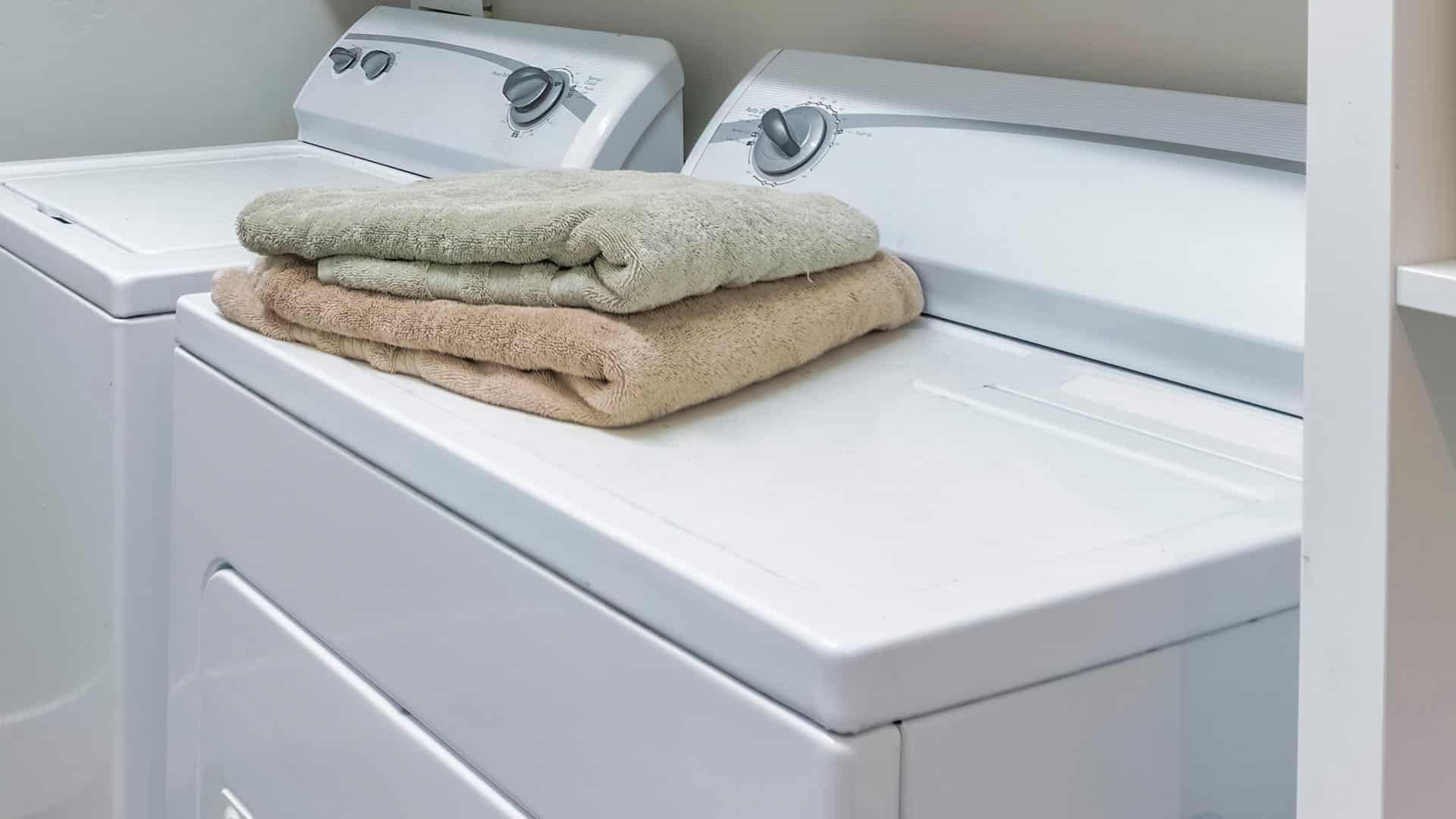
Amana Dryer Not Heating? Try These 5 Fixes
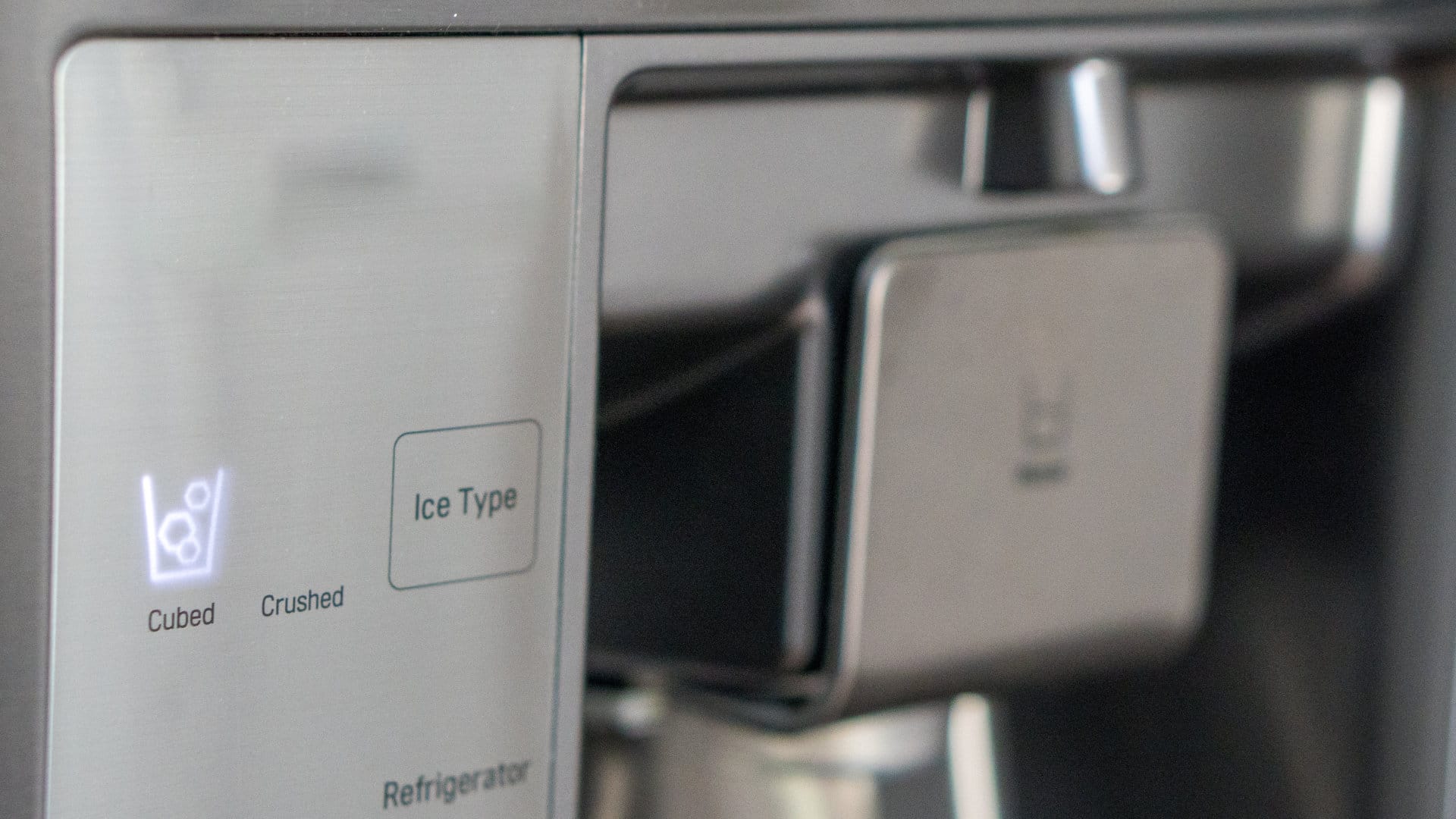
Samsung Ice Maker Issues? Here are 5 Fixes
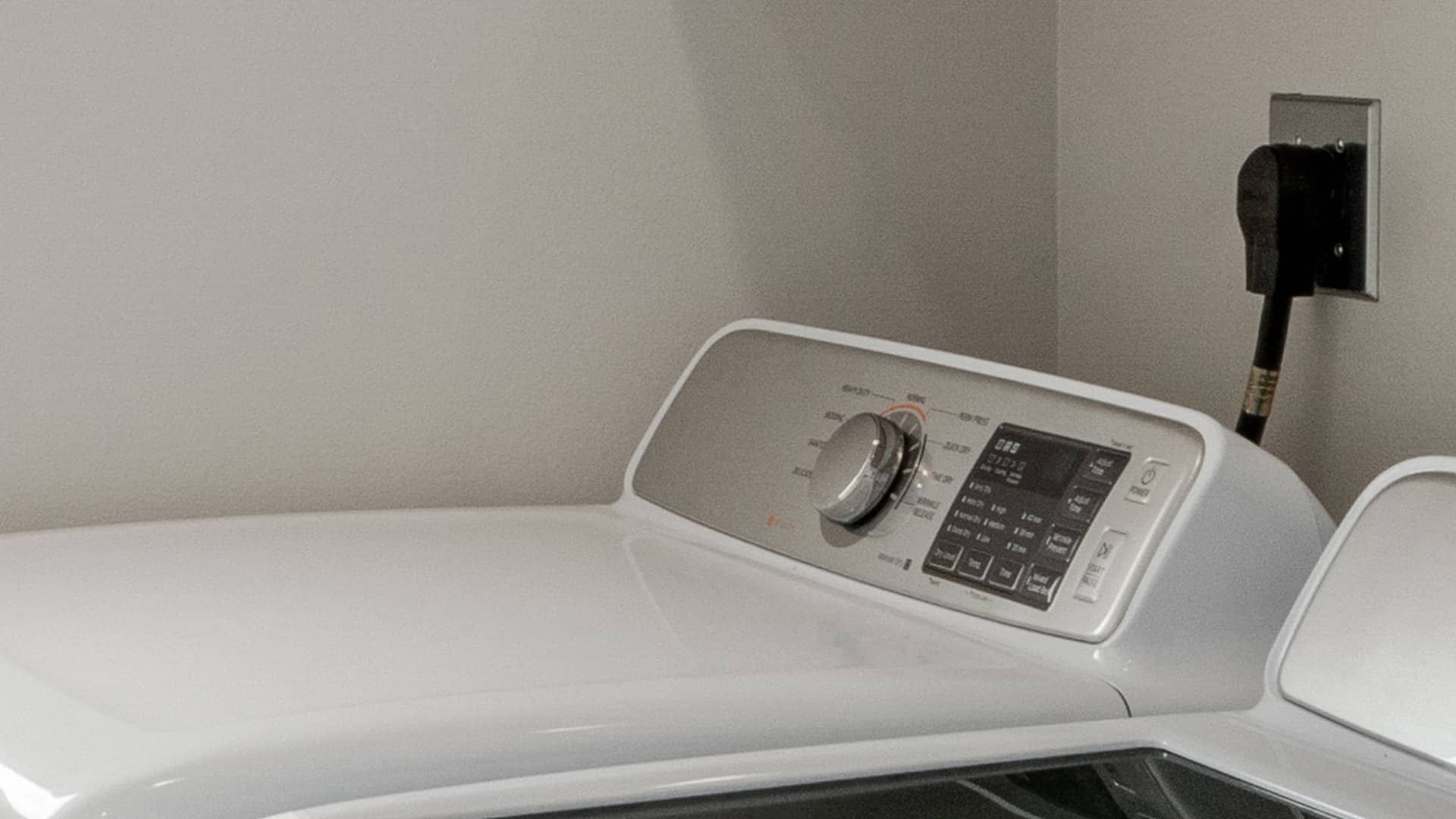
Samsung Dryer Not Heating with No Error Code? Here’s Why
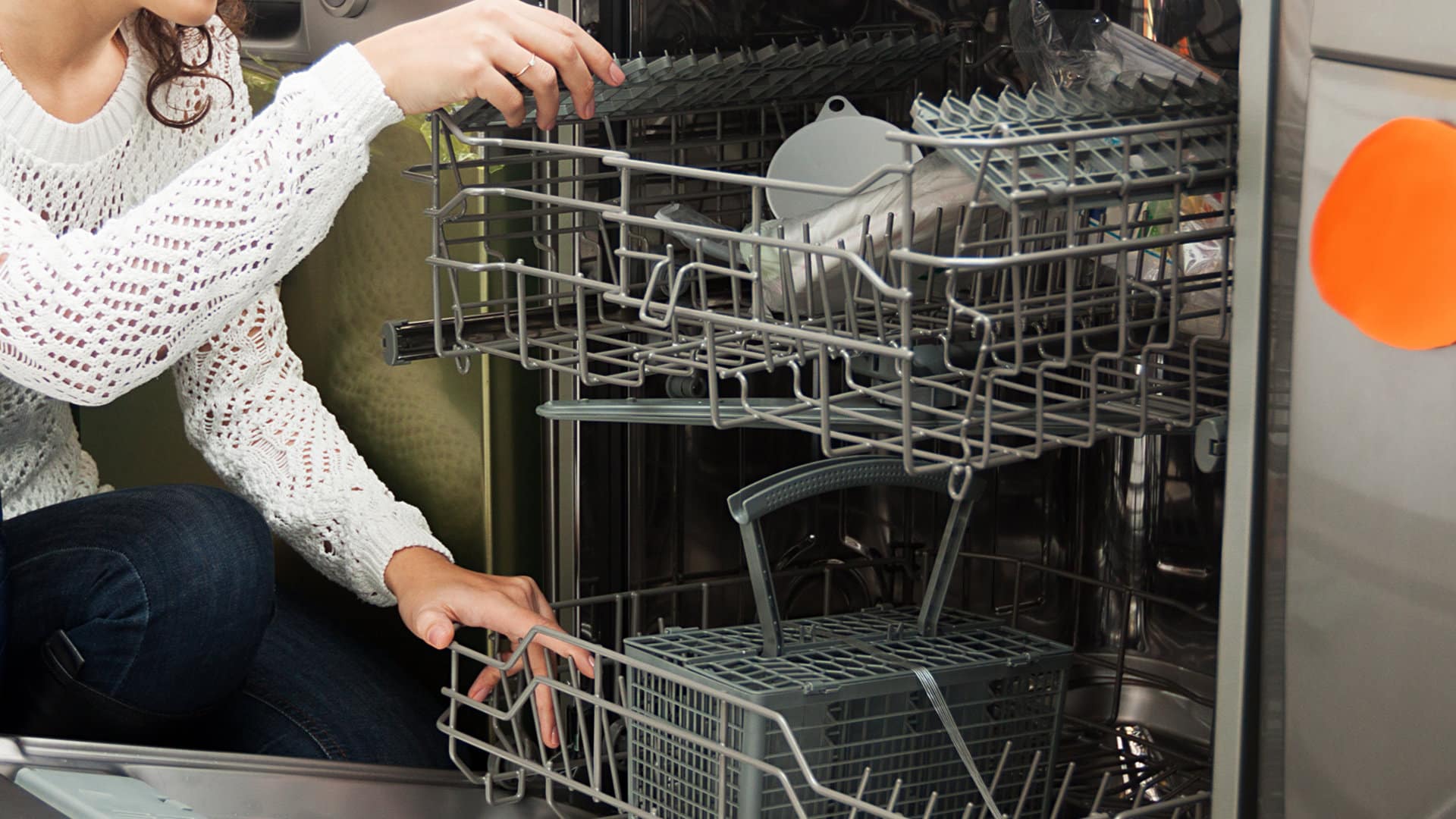
GE Profile Dishwasher Not Draining? Here’s Why
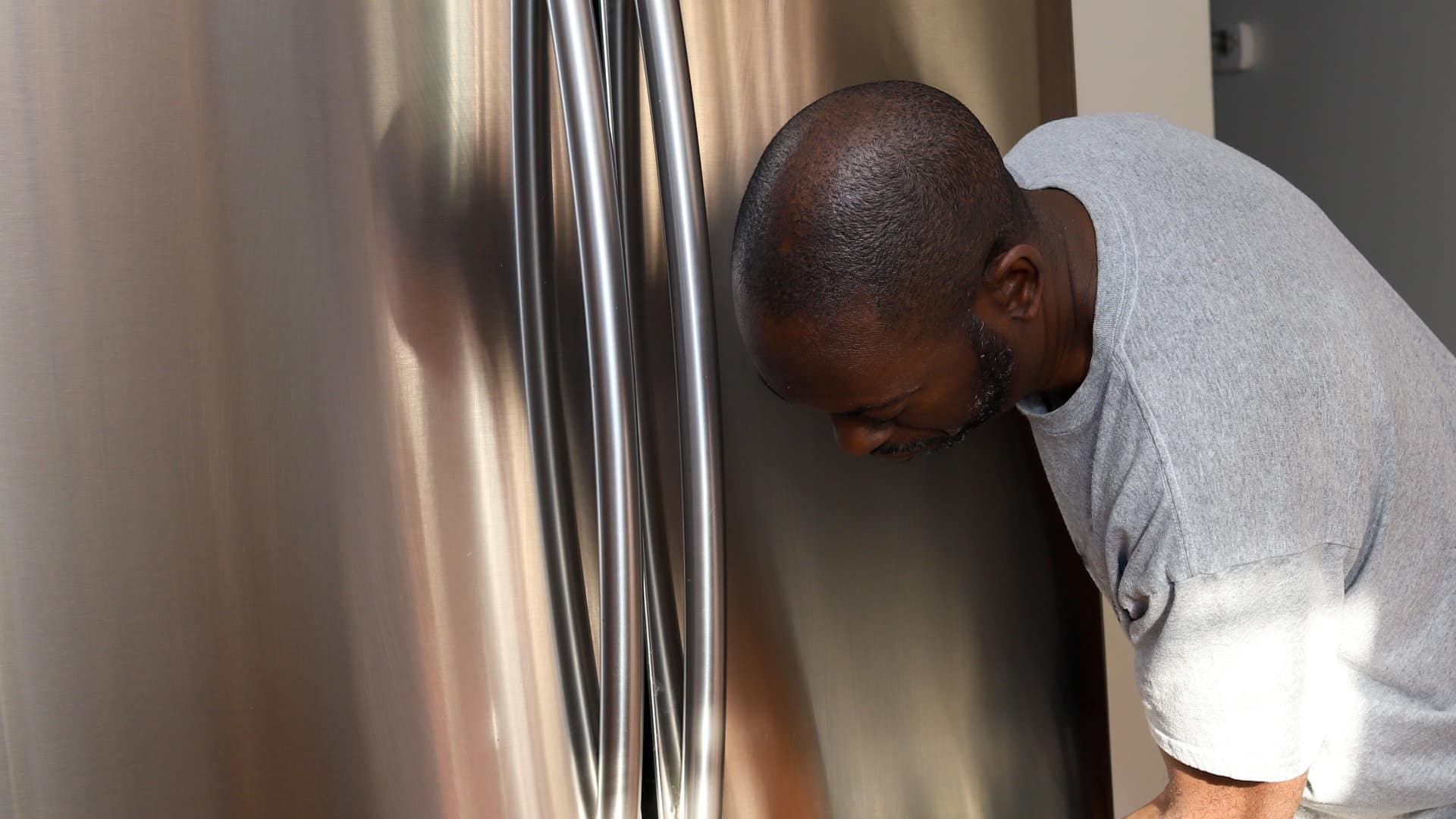
How to Replace the Filter on a Samsung Refrigerator
